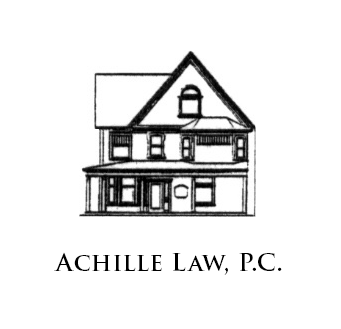When is an Establishment that Sells Alcohol Responsible for Injuries Caused by or to a Patron?
The Pennsylvania Dram Shop Act provides that it is unlawful for any licensee or any employee, servant, or agent of such to sell, furnish, or give any liquor or malt or brewed beverages to be sold, furnished, or given to any person visibly intoxicated.
Doing so may render the licensee liable for injuries caused by the person served after being visibly intoxicated. Liability is imposed on the liquor license holder if the person making the claim is part of the protected class that the Act is to protect.
The liquor license holder is negligent, per se, if the violation resulted in the kind of harm the statute was intended to protect against. The act protects individuals from harm caused by the negligent service of alcohol.
The statute is to protect third parties from harm by the liquor licensee customers who were served while visibly intoxicated. The harm could be after the customer leaves the bar or even while still in the bar.
Pennsylvania law
Pennsylvania law protects the person consuming the alcohol if they were served after being visibly intoxicated. Thus, the patron and all their automobile accident or bar fight victims may both have claims under the Dram Shop Act. The protection also applies to cases where minors are served without the need for them to be visibly intoxicated at the time of being served.
The protection may not apply to people who are performing their duty and responding to the activities of the drunken patron as they are aware of the dangers and have a duty to protect the public such as a police officer, responding to the disorderly conduct of a drunken individual. The police officer, in that case, would be aware of the potential intoxication and danger present by unruly persons.
He would have a duty to confront and restrain them as part of his job. Also, the law does not want to discourage the establishment from calling on the police to help because the police officer could suffer injuries and sue the establishment.
The Dram Shop Act
The Dram Shop Act also does not provide for claims against a homeowner who is not a license liquor license holder. In those cases, you would need to show negligence for there to be liability on the non-holder of a liquor license.
The public is the protected class under the Dram Shop Act, where the liquor licensee or the bar has served an individual after becoming visibly intoxicated or served a minor. The bar or restaurant would be liable for all the injuries caused by violating the law. The most common situation is an automobile accident or fight, where the person was served at the bar after becoming visibly intoxicated.
In such cases, injuries to protected class members such as the public and the patron, would have a claim against the bar for negligence per se as opposed to normal negligence where there can be defenses such as assumption, a risk, and comparative negligence.
The Attorneys at Achille Law, P.C., located at 379 Main Street, Brookville, PA 15825, have helped individuals for over 40 years. Visit our website, palaw.org, to learn more about our practice areas, and call (814) 849-6701 to schedule a free consultation.
